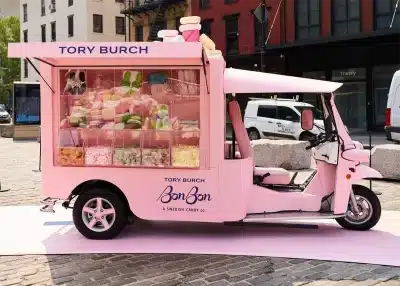
New Year, New Opportunities: How Promotional Trucks Can Transform Your Marketing in 2026
As 2026 kicks off, brands across the country are looking for fresh, high‑impact ways to stand out in a crowded marketplace. Not only is traditional
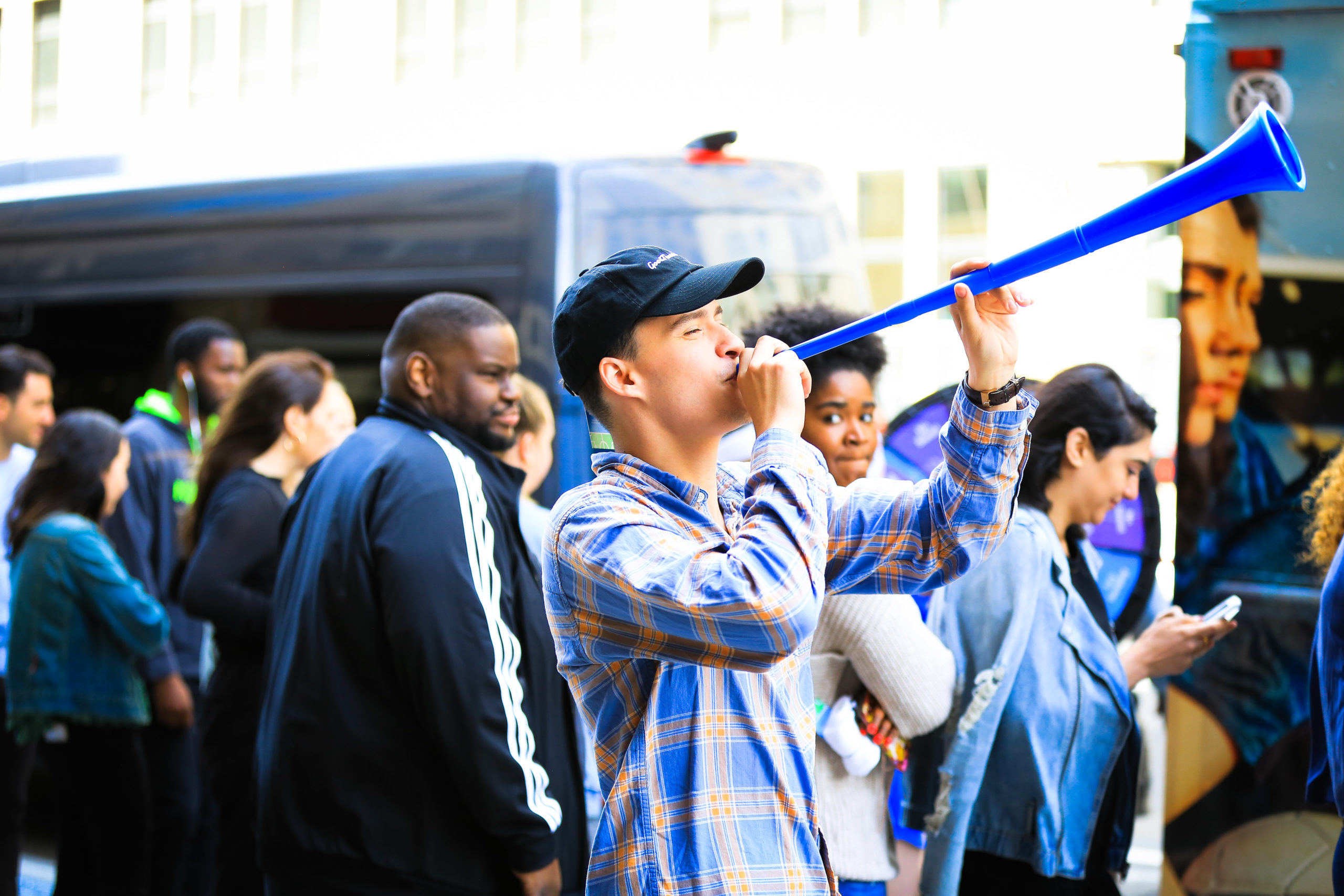
Capturing a staggering 64% of the world’s total population, Generation Z and Millennials are a generational force to be reckoned with, and marketing campaigns are armed with insights and strategies to capture these historically unique (yet once dismissed) demographics.
With over 100 million of them in the U.S. workforce and accounting for nearly 30% of the U.S. population alone, Generation Z and Millennials are the newest generations whose purchasing power demands attention by brands in the U.S. and around the world.
The same traditional marketing campaigns Baby Boomers and Generation X are accustomed to can be lost on Generation Z and Millennials. In 2019, the Pew Research Center found that Facebook, Snapchat and Instagram receive the most traffic from users between the ages of 18 and 29.
Check out these tips to capture the hearts and minds of today’s most in-demand generations.
… And a big one. In fact, the biggest mistake marketers can make is assuming Generation Z and Millennials are one in the same. Millennials are population segments born between 1981 and 1996 and those born after are considered to be Generation Z. Think of it this way: Lady Gaga and Mark Zuckerberg are Millennials. Kylie Jenner and Billie Eilish are Generation Z. Treating “young people” (18 to 35 age-range) as a monolithic segment of the population is a marketing mistake.
Most Millennials came-of-age during the “digital revolution,” but also remember a time before smartphones and Amazon Prime. While they crave authenticity, Generation Z values transparency, relatability, and personal connections even more. Those attributes are hallmarks of social media standards that dominate society and culture today.
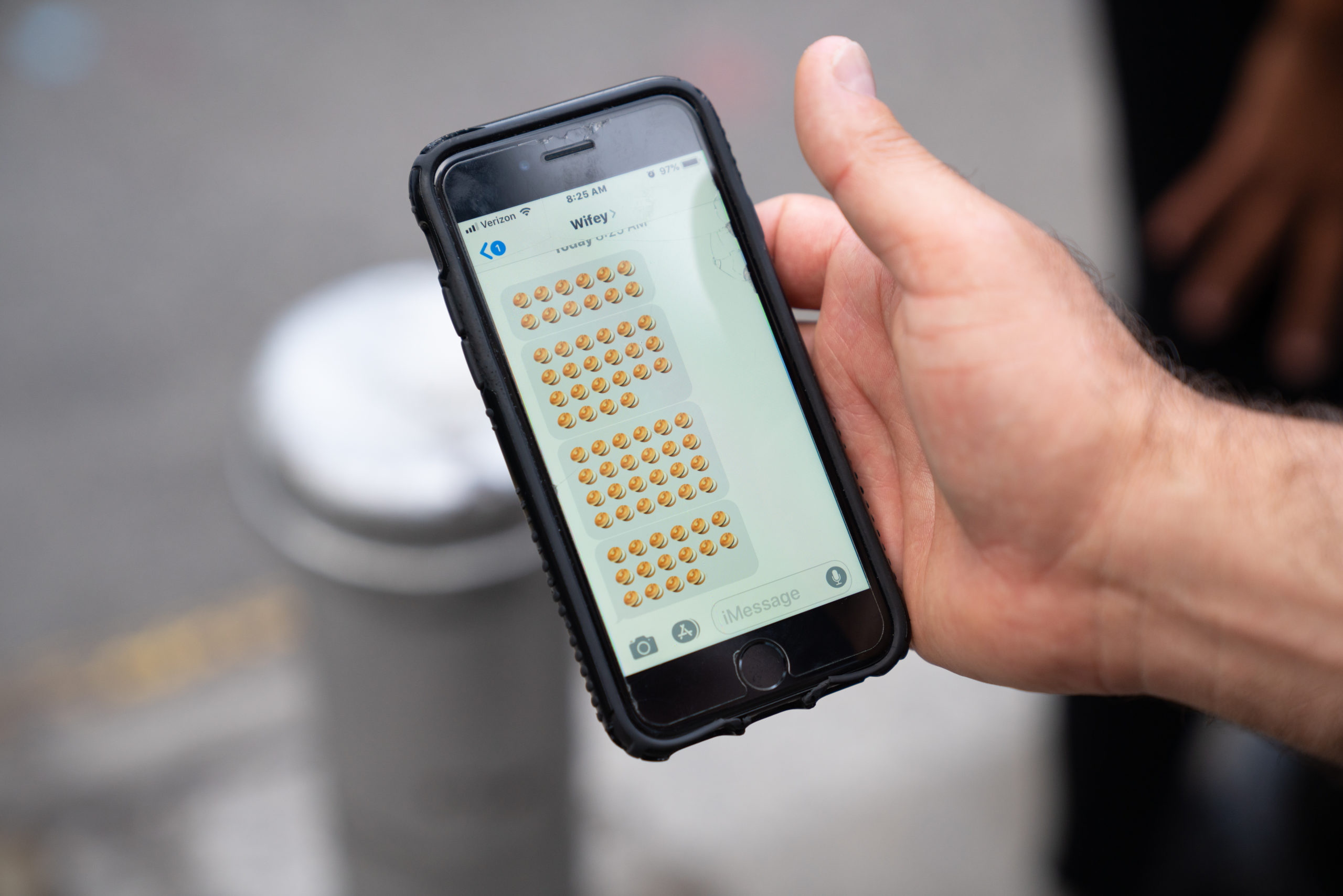
Another noteworthy (and surprising) difference between Generation Z and Millennials is “the power of discounts,” because who doesn’t love “a good sale”? While 67% of Millennials polled by BusinessInsider in 2019 said they would visit a specific brand’s website to receive a promotion or discount, only 46% of “Gen Zers” said they would do the same.
In the same poll, 71% of Millennials indicated that online marketing was a direct reason for purchasing an item, whereas only 59% of Gen Zers said online marketing had a similar effect.
So, what is a powerful marketing tactic that does work? Enter, social media influencers. In a report from Think With Google, 70% of Generation Z subscribers to YouTube said they view YouTube personalities like PewDiePie, Shane Dawson, and Mr. Beast as more relatable than mainstream celebrities.
Harnessing the sway influencers have over their millions of fans (and billions of views) is a strategic marketing tactic brands can use to leverage their reach with a vast audience by being at the center of the cultural zeitgeist.
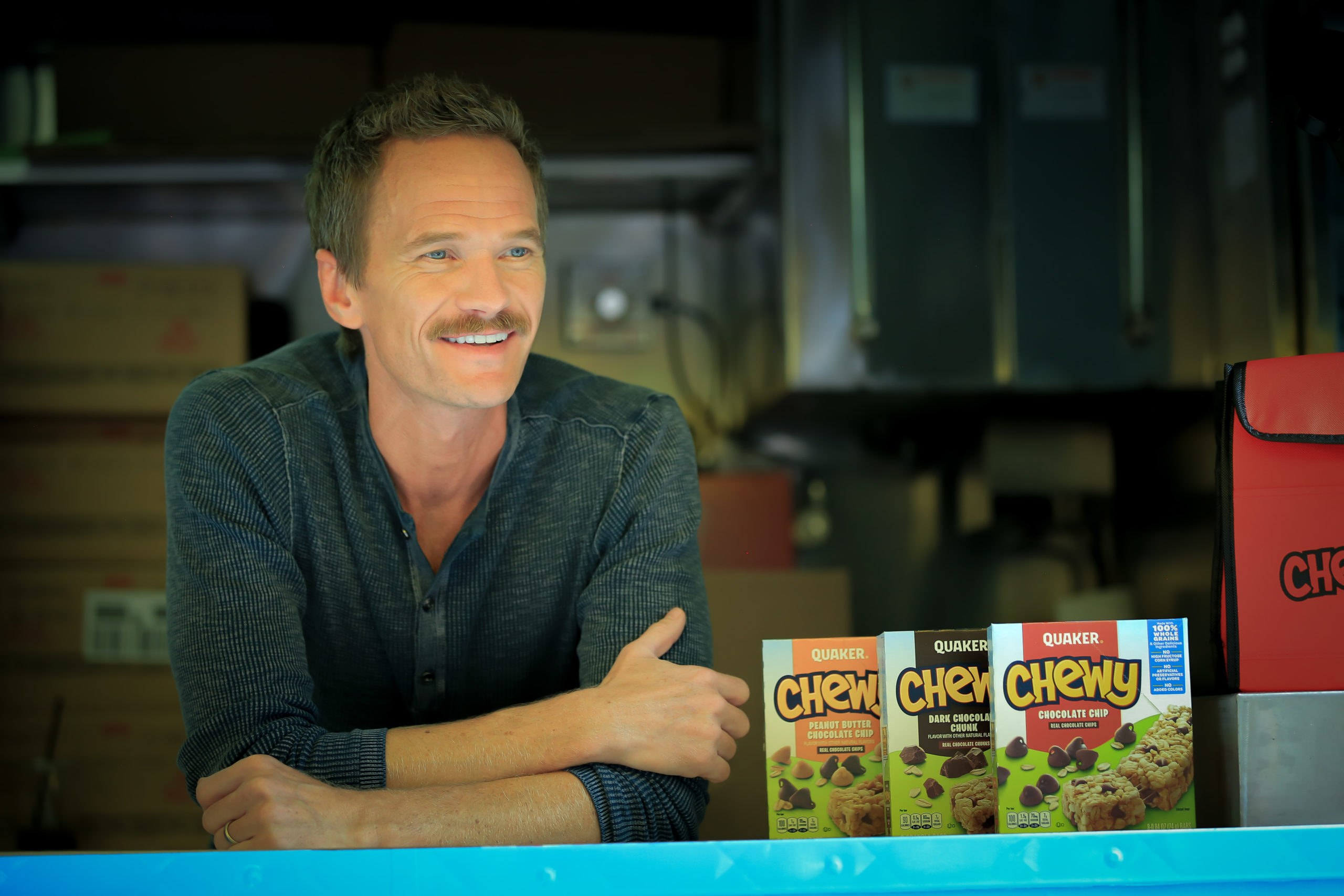
In previous years, having an identifiable and well-known “brand” meant half the battle was won when capturing a desired market share. In 2020 however, simply being ubiquitous isn’t enough for Generation Z and Millennials to open up their wallets.
According to RetailDive, Millennials are traditionally more frugal than Generation Z, with some analysts suggesting the reason being a by-product of their experiences living through the Great Recession. Gen Zers on the other hand, are more willing to spend the extra cash on luxury brands.
With both demographics hyper-aware of what motivates them to make a purchase, lower on that list is “brand loyalty.” Millennials and Generation Z gravitate toward brands that identify with their sense of independence and originality.
In a study by Ernst & Young, less than half of Millennials and Gen Zers expressed they subscribed to “loyalty programs.”
Much like Baby Boomers of the 1960s, Millennials and Generation Z are socially-conscious of the world around them and lean upon their values when making purchasing decisions. They expect brands to be aligned with those same values (i.e. environmentally-friendly, committed to LGBTQ rights, pro-gun legislation, etc…)
Marketing campaigns that engage with Millennials and Generation Z on an interpersonal basis and speak to their values, can create powerful messages that resonate with them on a deeper level and will capture their attention.
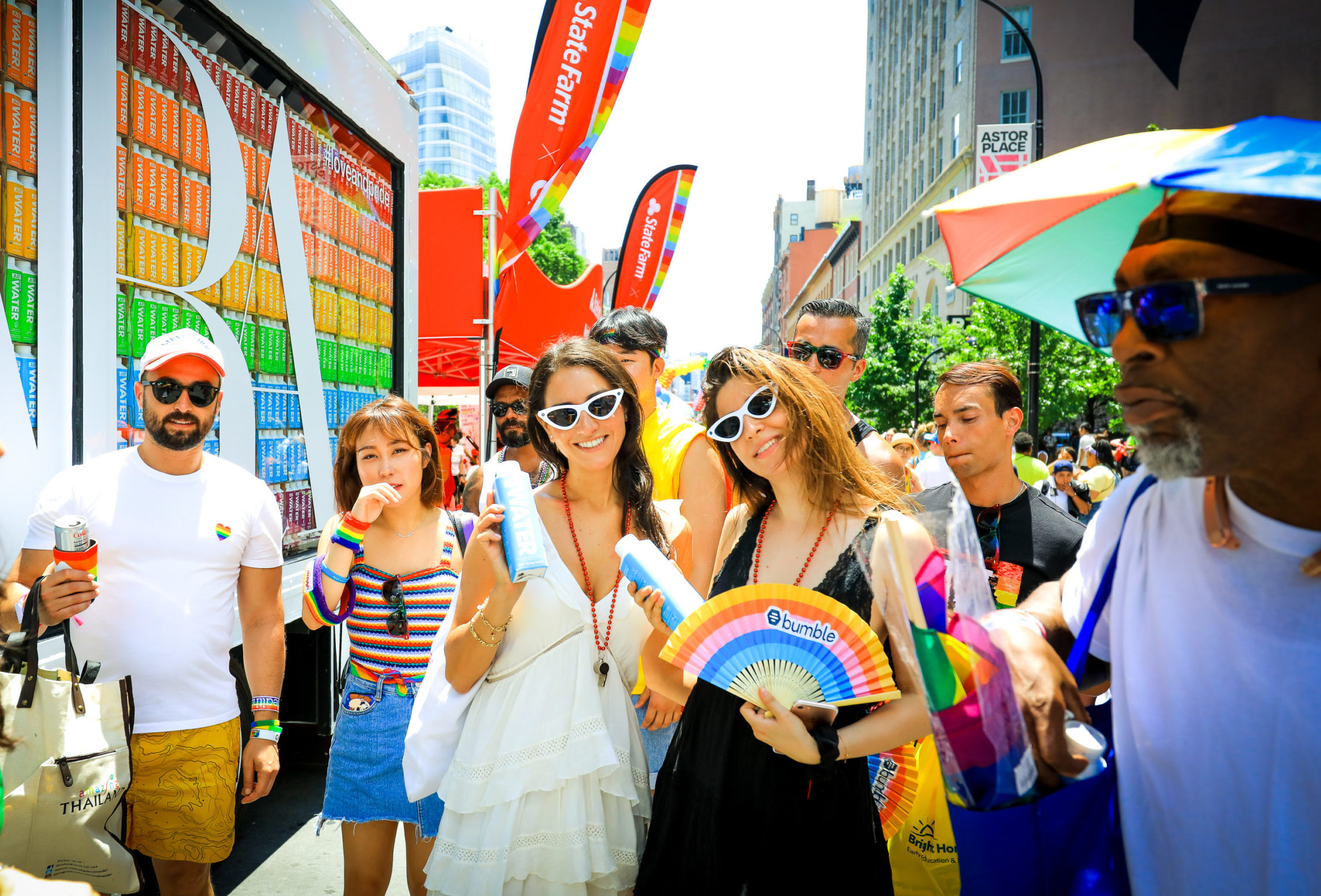
Representing the two largest generation demographics in the U.S., Millennials and Generation Z are the nation’s most powerful consumers bases and will be for years to come. As long as you cater to their wants, needs, and values now with marketing campaigns and strategies that appeal to them and who they are, you can develop long-term customer relationships that will lead to unlimited potential and growth for your brand.

As 2026 kicks off, brands across the country are looking for fresh, high‑impact ways to stand out in a crowded marketplace. Not only is traditional

With COVID-19 affecting our face-to-face interactions, virtual events have become the new way to execute experiential marketing events. Check out how you can implement well-executed
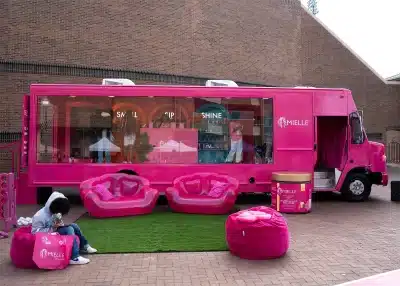
In today’s fast-paced marketing landscape, brands are constantly searching for innovative ways to engage audiences and leave a lasting impression. Traditional advertising channels still have